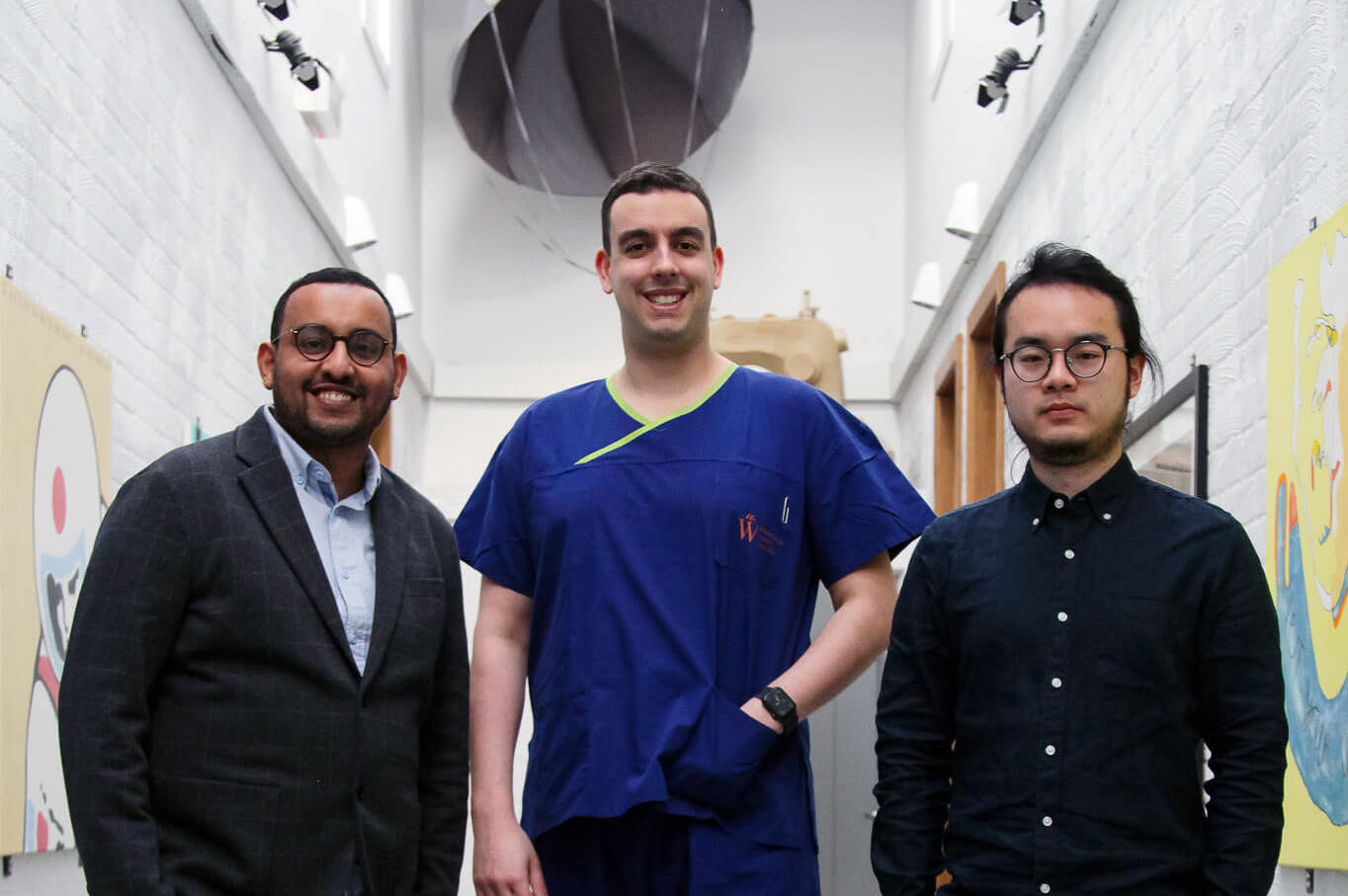$5m for AI medical training technology
02 Sep 2021 - Investment activity

Blackbird Ventures has led a $5 million seed investment round in an online platform that enables medical students to practice clinical reasoning on virtual patients generated by artificial intelligence (AI).
Other investors in the round, which values Oscer at $20 million, are January Capital, angel collective Inventures.vc, Archangel Ventures and angel investors Brendan Hill and Jeff Bargman.
Oscer’s practice sessions are accessed online so are available to students anywhere, anytime.
The Melbourne-based start-up was inspired by Dr Thomas Kelly’s experiences as a junior doctor. During his training he saw incorrect, delayed or missed diagnoses, causing serious consequences, even death. His experience is backed up by statistics. According to Medical Journal of Australia research, diagnostic errors occur in as many as one in seven clinical encounters and most of these errors are preventable.
Kelly brought in co-founders Waleed Mussa, chief financial officer, and Yu Lui, chief technical officer to found Oscer. Mussa had previously worked for Goldman Sachs and Telstra while Lui had worked on AI projects for Coles and IBM.
When the Blackbird team firm first met Kelly, he was working full-time as a vascular surgery registrar, a trainee surgeon, and had built the Oscer minimum viable product (MVP) in his spare time.
Kelly had previous experience in building a start-up having been co-founder of Fraser’s GAMSAT, an educational business that helps students prepare for medical school entrance exams.
The Blackbird team were impressed by what Kelly had achieved and continue to be impressed by the speed and efficiency with which he has taken development of Oscer forward.
The technology is already helping thousands of medical students around the world prepare for practical clinical exams. The University of Melbourne, the University of Sydney and universities in the US are currently piloting Oscer.
The clinical reasoning platform helps students learn how to take histories from, and diagnose, a cohort of patients that it has created. These case studies are designed to test diagnosis of conditions such as heart attack, gastroenteritis and pulmonary embolism. The digital patients respond to questions much as real patients might, that is not always with perfect clarity.
The technology teaches the students how to identify the information that matters and how to develop tactics to gain that information efficiently to make the best possible diagnoses.

While Oscer clearly has a role in training medical students, Kelly sees much greater potential. He is planning to develop Oscer to assist specialist clinicians. Programmed with data from analysis of case histories, Kelly hopes Oscer will be able to become a diagnostic support tool that will provide real-time second opinions. This would be particularly valuable in situations such as in a country hospital where a doctor might not have access to advice from a senior colleague.
According to Liu, Oscer will reconfigure working methods for doctors to provide safer, more efficient care to patients.
Image: Oscer co-founders Waleed Mussa, Dr Thomas Kelly and Yu Liu.
